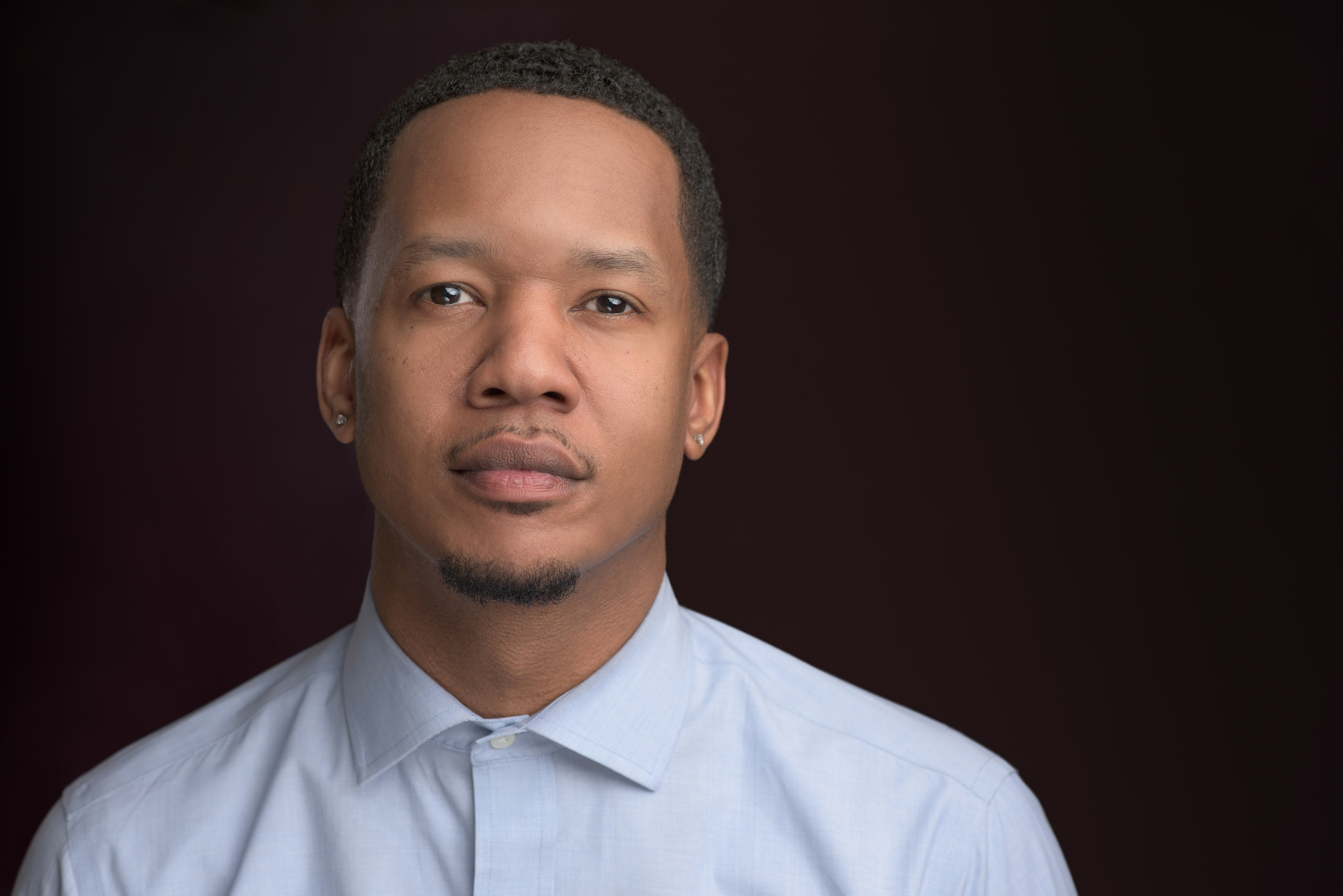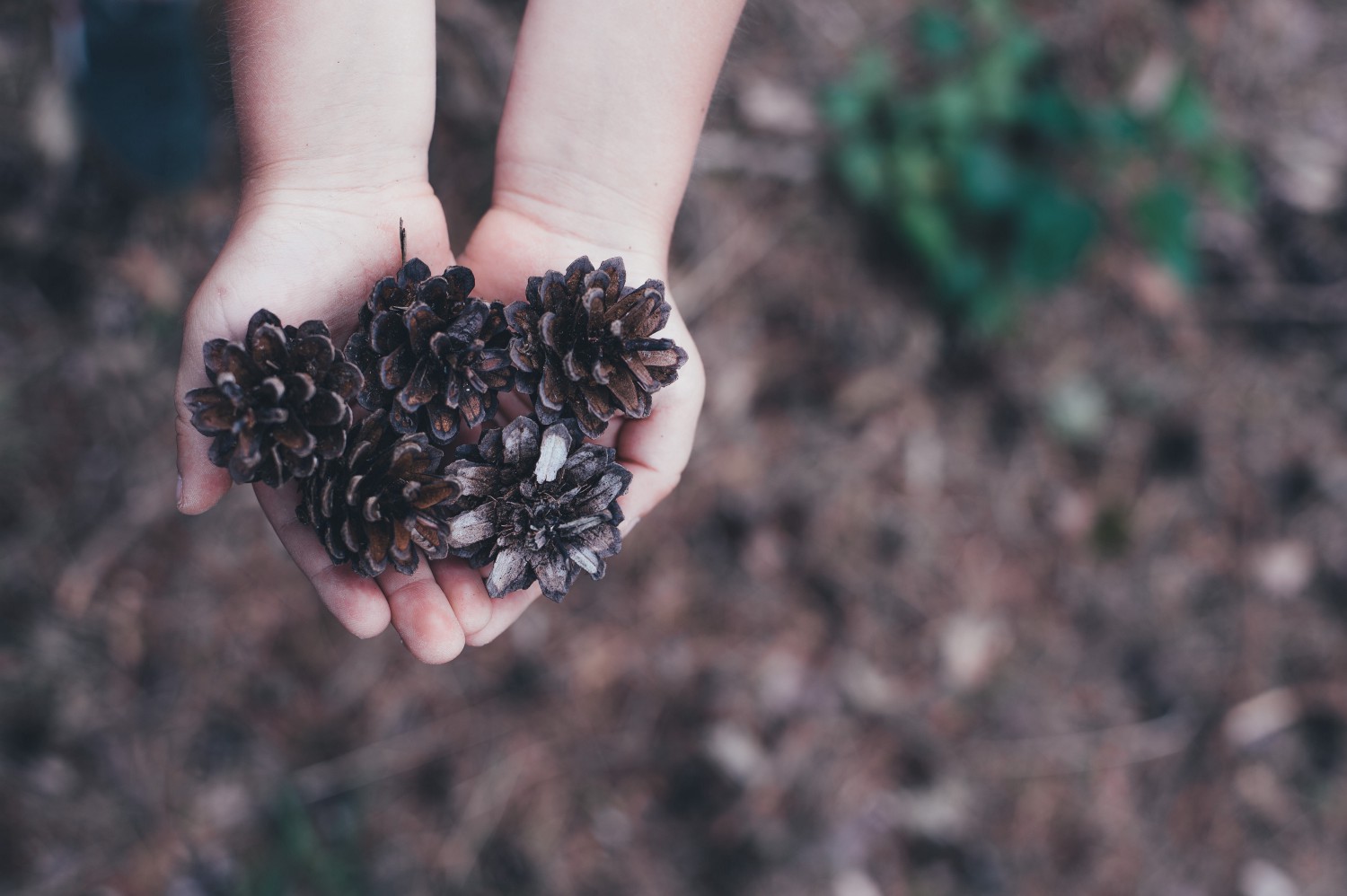Growing up in Baltimore, I’ve personally battled trauma and mental health issues since I was a child. Acting out became one of my greatest defense mechanisms. My father was a heroin addict who spent the majority of my life in and out of the prison system, forcing my mother to raise me alone.
I saw things that children shouldn’t; experienced things that most adults hadn’t. By the time I was 14, I was said to have acute anxiety and mild depression. Then at 26 I was diagnosed with Generalized Anxiety and Panic Disorder and mild-severe major depressive disorder.
After my diagnosis I was immediately placed on medication, told by my doctor that my disorder was so severe that medication was the only option effective enough to treat it.
I was tagged — just another guy fighting to fit into a world that rejected anyone with a label.
I didn’t know about CBT (Cognitive Behavioral Therapy) or any other complementary management approaches. I had never heard of GAD or panic disorders, and as a result, I accepted the medication that was prescribed to me.
I spent the next 2 years of my life battling an addiction that I never saw coming. The pills my doctor promised would cure my anxiety created an entirely new, more fatal disease. I was no longer afraid of my anxiety, I was afraid of what my life would look like without my medication.
Dependent on pills, my fear culminated into a deep pit of depression, monophobia, and two failed suicide attempts. I went back to my doctor hoping he’d help me get off the medication, but soon realized that he was no longer my doctor, he had become my dealer.
I set out on my own, challenging and questioning everything I thought to be true. To save my life, I had to change the way I lived. Here are 7 lifestyle changes that have personally helped me on my road to recovery.
1. I Get 7–8 Hours of Sleep.
I’ve struggled with bouts of insomnia since being diagnosed with anxiety a little over 7 years ago. A lack of sleep can be a precursor for anxiety, or a direct reflection of it. Either way, an adequate amount of sleep every night can greatly reduce your anxiety symptoms. About two hours before I plan on going to sleep, I shut off my electronic devices (tv, laptop, ipad). I put my phone on Do Not Disturb and Night Shift, take a magnesium supplement, drink a hot cup of Chamomile tea, and settle in with a good book. Occasionally when I need it, I’ll find time to get a quick power nap in during my lunch break. A good night sleep has been one of the most effective changes in managing my anxiety.
2. I Leave Work at Work
It’s important to set boundaries for yourself. For many people, their biggest stressor is their job. Therefore, when my work day is over, I make sure it’s over! I turn off my work phone and don’t check emails again until morning. Sometimes this is a bit challenging because I run my own business, but it has proven to be very beneficial. I give myself permission to have a personal life outside of my career.
3. I Check My Diet
When I decided to embark on this journey to save myself, the first thing I did was take a serious look at my diet and my behaviors. At the time I was a heavy smoker, a caramel latte-a-day kind of guy, and could easily lose myself in a few bottles of wine in the evening. What I learned was that I was keeping my body in a toxic state, which was stimulating my anxiety, not eliminating it. Slowly I started cutting out red meat, pork, alcohol, processed foods, caffeine, and artificial/ refined sugars. Today the majority of my diet consists of fruits, vegetables, nuts, seeds and legumes.
4. I Limit My Social Media Intake
Social media can sometimes be a huge energy suck. It’s typically filled with people’s opinions about politics, current events, or personal issues — most of which I have no desire to be a part of. As someone with a severe anxiety disorder, I already have way too many irrational thoughts running through my mind on a daily basis, therefore I have to be very protective about what I allow to permeate.
5. I Go Green
I drink about 32oz. of green juice every morning. For me, it’s the best way to start my day. I’ve never been a huge fan of eating lots of vegetables — so I drink them instead! I like to stick to the 80/20 rule of juicing (80% vegetables, 20% fruit). I have more energy throughout the day, and I don’t have to worry about a mid-afternoon crash like what happens with sugary or caffeinated drinks.
6. I Meditate
To me, anxiety is nothing more than the perpetual fear of what if. What if it doesn’t work? What if I don’t get the promotion? What if people think I’m weird? Meditation helps to bring my attention back to the present by focusing on the one thing I have control over — my breathing. I remind myself, “as long as I can breathe, I have life, and as long as I have life, I have possibility.” Every morning I start my day with a 10 minute meditation focused purely on breathing. It’s nothing fancy, just 5 second inhale, 7 second exhale. It works every time.
7. I Read
One of the most important habits I’ve picked up throughout my journey is daily reading. Whether it’s something tied to my career, something inspirational, or something about investing, I make sure to read every day. My personal favorites are self-help books and inspirational memoirs. I love learning about other people’s experiences and how they’ve overcome adversity. Feeling connected is one of the greatest feelings in the world.
I remind myself daily that I have anxiety, I am not a product of it. Anxiety is a communication tool — it’s our bodies way of telling us something. It’s our job to listen and take action. Remember, pain is inevitable but suffering is optional, so let’s continue to work together to end the suffering!
Originally published at medium.com


